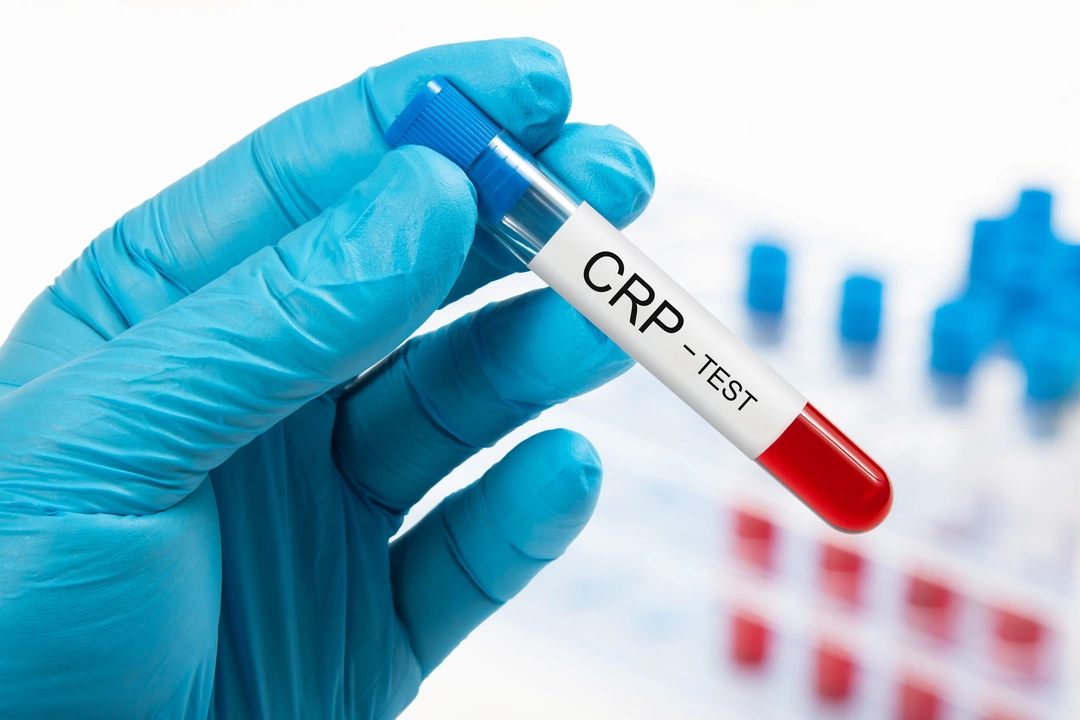Capecitabine Treatment Basics: What Is It and How Does It Work?
If you or someone you know is starting capecitabine treatment, you might have a lot of questions. What exactly is this drug? Capecitabine is a chemotherapy medication often prescribed to treat various cancers, including breast and colorectal cancer. It works by interfering with cancer cells’ ability to grow and multiply, helping to shrink tumors or stop their spread.
Unlike some chemo drugs that get injected, capecitabine is taken as a pill, which makes it easier to use at home. However, this convenience doesn’t mean it’s without risks or side effects — understanding how to take it safely is important.
Who Can Benefit from Capecitabine?
Capecitabine is usually recommended when cancers are more advanced or when other treatments have already been tried. It’s commonly given after surgery to reduce the risk of cancer coming back or as part of a combination treatment plan. Your doctor will consider factors like the type of cancer, its stage, and your overall health before deciding if capecitabine is the right choice.
Common Side Effects and What to Expect
Like many chemo drugs, capecitabine can cause side effects, but not everyone experiences them the same way. Some people notice hand-foot syndrome, where their palms or soles get red, swollen, or sore. Others might deal with nausea, fatigue, or diarrhea. Keeping your healthcare team informed about any symptoms is key – sometimes a simple dose adjustment or supportive care can make a big difference.
Remember, managing side effects is part of the process but does not mean the treatment isn’t working. Staying hydrated, resting, and reporting new symptoms quickly can help you manage your treatment journey better.
In case you’re wondering about long-term impacts, ongoing studies are focused on improving how capecitabine is used to maximize benefits while minimizing risks. Always check with your doctor if doubts or new concerns pop up – they’re your best source of advice tailored just for you.

The importance of regular blood tests during capecitabine treatment
As a patient undergoing capecitabine treatment, I cannot stress enough the importance of regular blood tests. These tests help monitor the effectiveness of the treatment and ensure that our body is responding well to the medication. Blood tests also aid in detecting any potential side effects early on, allowing for timely adjustments to the treatment plan. Furthermore, they provide valuable information on our overall health, ensuring that any unrelated issues are addressed promptly. In summary, regular blood tests during capecitabine treatment are crucial for optimal treatment outcomes and maintaining good health.





